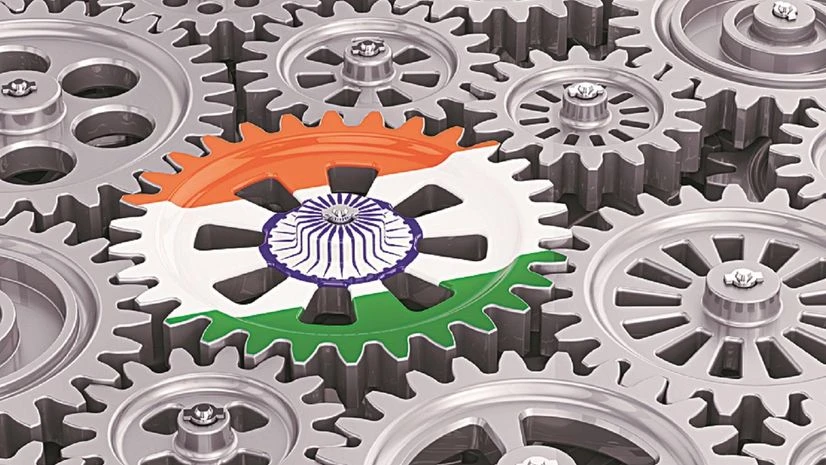Geopolitical conflicts and uncertainty about the trade policies of major economies are among the biggest risks for India's economy, the government's monthly economic report said on Monday, maintaining the current growth forecast.
"Risks to growth arise from escalating geopolitical conflicts, deepening geoeconomic fragmentation and elevated valuations in financial markets in some advanced economies," the report said.
Spillover from such risk factors could affect household sentiment in India, altering spending on durable goods in the world's fifth-largest economy, it added.
India's government has projected economic growth of between 6.5% and 7% for the current fiscal year, down from 8.2% in the previous year, citing heightened geopolitical risks.
Despite such factors, the report said the outlook for the Indian economy was good due to a positive agricultural outlook and expected stronger demand during the festive season.
Rural demand is improving but urban demand "appears to moderate due to softening consumer sentiments, limited footfall due to above-normal rainfall, and seasonal periods during which people tend to refrain from new purchases", it said. Underlying demand conditions should be watched, it said.
More From This Section
The report also said retail inflation has been under control, barring the possibility of a sharp spike in vegetable prices.
"Near-term food inflation path will largely depend on the price trends in tomato, onion and potato in the coming months, necessitating a strong focus on controlling these prices in the short term," it said.
Retail inflation in September was at 5.49%, the highest in nine months, due to higher food prices.
(Only the headline and picture of this report may have been reworked by the Business Standard staff; the rest of the content is auto-generated from a syndicated feed.)

)
